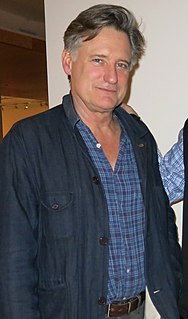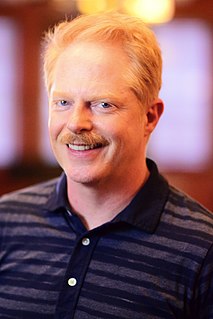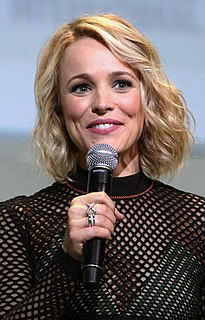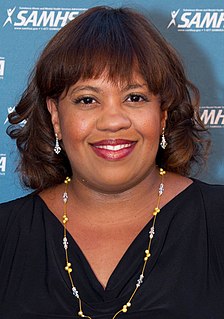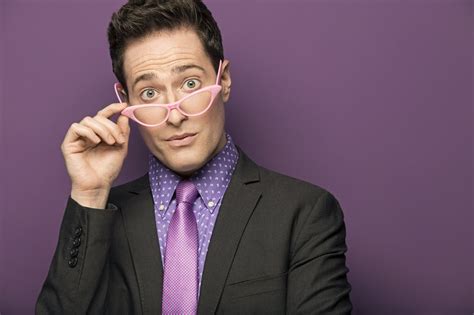A Quote by Bill Pullman
I was doing this children's theater play, and it was non-Equity. We were out of town to do it at the Kennedy Center, and it was always kind of, 'Well, the producers may have to turn this into Equity,' and that's what happened. It was kind of a silly children's theater play, but that's how I got my card.
Related Quotes
I was fired from my first job in New York. I was just out of school, doing the Welsh play, 'The Corn Is Green,' at Equity Library Theater. I was studying with Uta Hagen, and I was really working well, but they got nervous. They wanted results right away. We had a run-through, and I wasn't there yet, so they fired me.
I'm struck by the fact that by and large equity capital doesn't play a big role in new financing; it's either bonds or internal financing but not really equity. And therefore, it's not clear that anything which improves the equity markets has really much to do with the productivity of the economy as a whole.
When I started, I was a theater actress, and there were roles that I couldn't imagine not playing, like Rosalind in 'As You Like It.' I used to think I would die if I could play that. But then I started doing movies, and I had children, and I moved to Los Angeles. And now I kind of can't remember what those roles would be.
I've been so fortunate throughout my career, when I was doing theater, more theater than anything else, and when I was doing films that I got a chance just to do a broad range of things. In fact, a lot of my choices that I made were about that very thing. Every project that I had an opportunity to do or chose to do, I wanted it to be different from the last thing I did, and I think that's why I have a good, you know, I had kind of a diverse kind of résumé. I'm really - it's what I set out to do as an actor originally.
I think one of the things that is important, for me, though a lot of people would disagree with me, is that you be founded in theater so that you understand what an audience is, what kind of an animal it is and how to play with it. How to have fun with it, how to sympathize with it, all the things that an audience is. I don't think you're going to find that out unless you do theater.
Disney is very much a child's theater - it's a very specific kind of acting. It's loud and boisterous with the goal to draw the attention of children and keep the attention of children, and it can kind of be cheesy and loud, and I had to unpack a lot of that, because as an actor, you kind of internalize, and you basically become a character.
